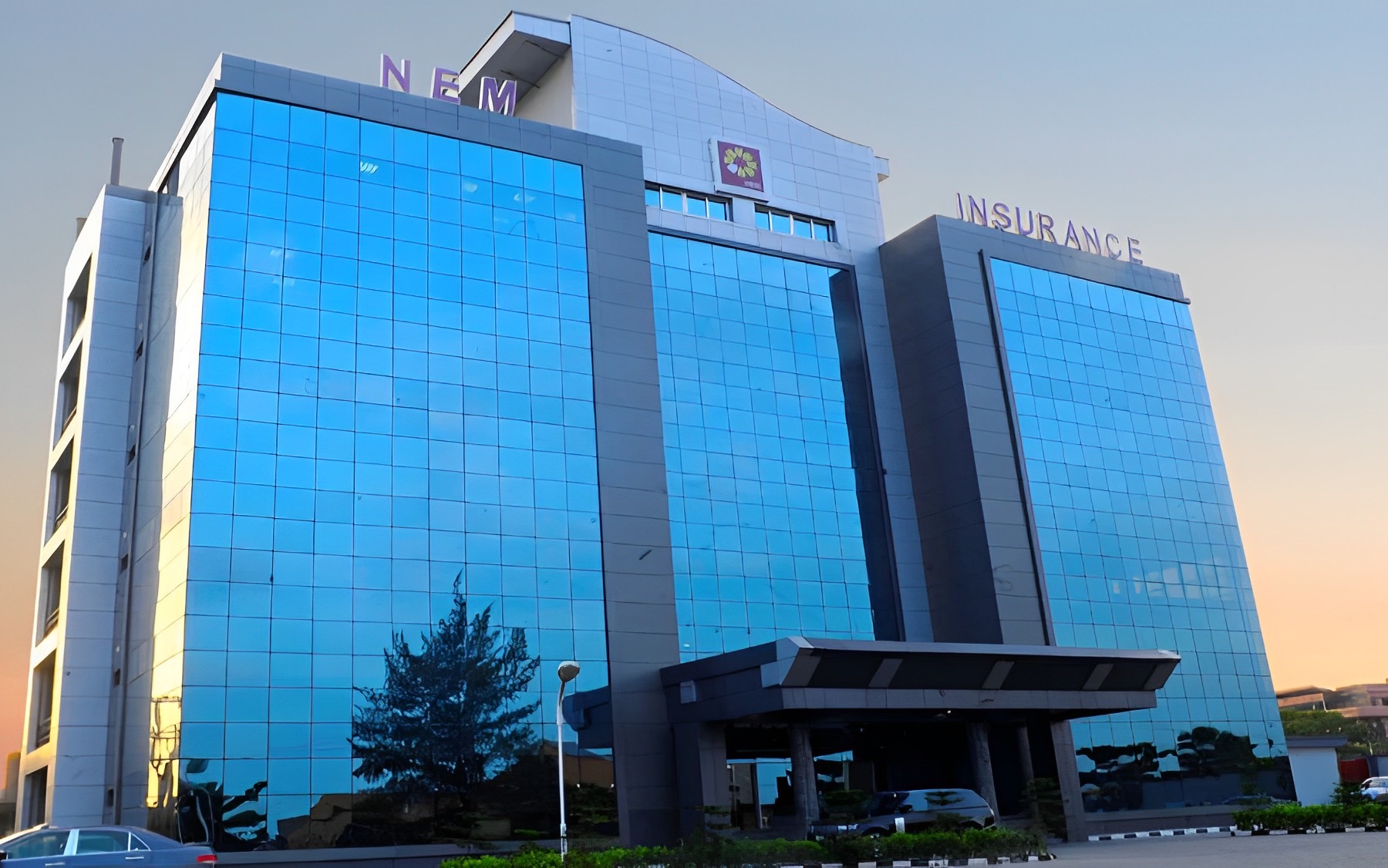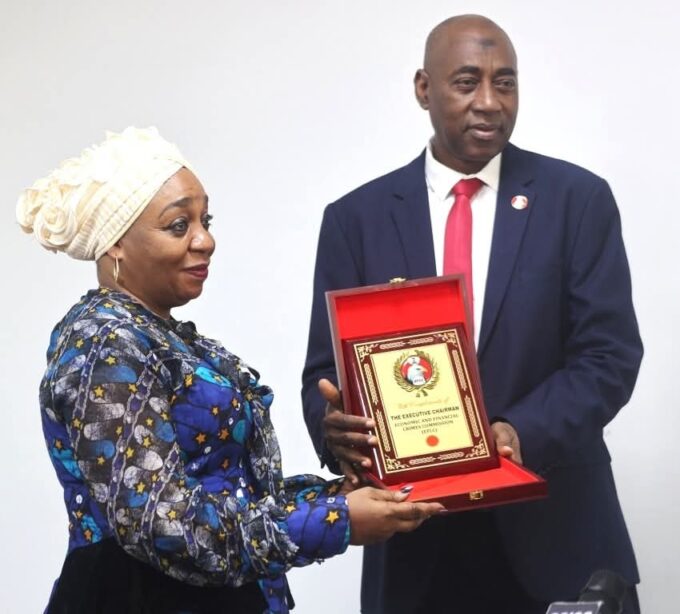Nico Conradie, CEO of Munich Re
BY NKECHI NAECHE––Munich Re on Thursday said Africa experienced a low number of natural catastrophes in 2018. The reinsurance gaint added that those which did take place, however, once again demonstrated the continent’s scant insurance coverage: almost none of the US$ 1.4bn of losses were insured.
It added that most severe events were a drought in South Africa from January to May, with total losses of around US$ 500m, and flooding caused by heavy rainfall in Kenya between March and May (overall losses of around US$ 350m) and in Nigeria in September (overall losses in the region of US$ 280m).
The situation becomes even clearer when taking a longer-term perspective: from 1980 to 2018, natural catastrophes in Africa produced overall losses (adjusLosses ted for inflation) of US$ 54bn, of which just US$ 2.7bn were insured. Although South Africa experienced just US$ 12bn of the continent’s overall losses, the country accounted for the lion’s share of the insured losses (US$ 1.8bn). The natural disasters with the greatest humanitarian impact in Africa are famines which, although generally caused by drought, are heavily influenced by anthropogenic factors such as a lack of facilities for those in authoritarian states and regions affected by civil war.
Nico Conradie, CEO of Munich Re of Africa: said “With the exception of South Africa, this continent has one of the world’s lowest levels of insurance penetration. This whilst studies have shown that countries in which insurance solutions are an accepted instrument to better overcome economic shocks recover more quickly following severe catastrophes. That is why we are systematically working to offer effective and low-cost solutions on the basis of parametric weather triggers, for example, that facilitate rapid payout once a specific threshold is passed, say for precipitation or storms. Many African countries are growing rapidly, but a disaster can ruin the livelihoods of many people. Thanks to simple financial instruments to reduce economic vulnerability, they can quickly return to normality following a disaster – at least financially.
Munich Re is one of the world’s leading providers of reinsurance, primary insurance and
insurance-related risk solutions. The group consists of the reinsurance and ERGO business
segments, as well as the capital investment company MEAG. Munich Re is globally active and
operates in all lines of the insurance business. Since it was founded in 1880, Munich Re has been known for its unrivalled risk-related expertise and its sound financial position. It offers customers financial protection when faced with exceptional levels of damage – from the 1906 San Francisco earthquake to the 2017 Atlantic hurricane season. Munich Re possesses outstanding innovative strength, which enables it to also provide coverage for extraordinary risks such as rocket launches, renewable energies, cyberattacks, or pandemics. The company is playing a key role in driving forward the digital transformation of the insurance industry, and in doing so has further expanded its ability to assess risks and the range of services that it offers. Its tailor-made solutions and close proximity to its customers make Munich Re one of the world’s most sought-after risk partners for businesses, institutions, and private individuals.














